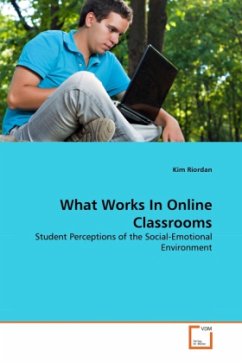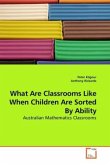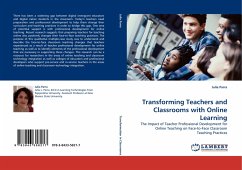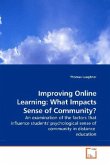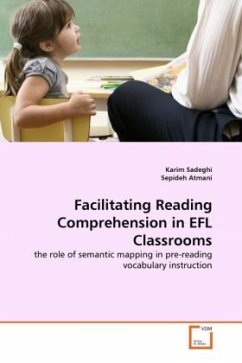Research into the field of teaching and learning in higher education has discovered key elements that impact student satisfaction and academic achievement. One key to enhancing teaching effectiveness is positive social-emotional environments in classrooms. The advent of online classrooms brings with it the challenge of whether or not what is known about face-to-face classrooms applies in virtual environments. Using a validated survey instrument developed for face-to-face classroom settings, this study surveyed students to determine differences between graduate and undergraduate students' perceptions. The study examined the variables within seven psycho-social domains. Of the seven domains within the survey instrument a stronger relationship was suggested among these domains: Innovation, Task Orientation, and Cohesiveness. The results of the study suggest positive student perception of virtual classroom environment is not dependent on instructors having completed formal mentoring to teach online. Further, students in graduate online courses (defined as adults) perceived their online environments more positively than students (emerging adults) in undergraduate online courses.
Bitte wählen Sie Ihr Anliegen aus.
Rechnungen
Retourenschein anfordern
Bestellstatus
Storno

